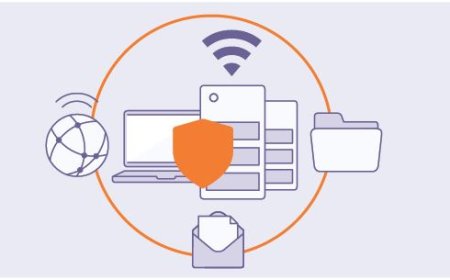Chasing Ghost Traffic at 2 AM

At 2 AM, most of the world is asleep, but the Security Operations Center (SOC) never rests.
One night, a SOC analyst spotted something odd: unusual DNS queries from a system marked as inactive. The volume and pattern didn’t fit normal behavior. Upon deeper investigation, the team discovered a Remote Access Trojan (RAT) had infected the endpoint and was using DNS tunneling to exfiltrate sensitive data, a stealthy technique where data is hidden within DNS traffic to bypass firewalls.
The SOC team quickly correlated logs from the Endpoint Detection & Response (EDR) platform and network monitoring tools to trace the RAT’s communication path. Once the Command & Control (C2) server’s IP was identified, it was blocked, and the compromised endpoint was isolated for remediation.
Lessons Learned:
- Dormant Devices Still Pose Risk: Inactive or "retired" endpoints shouldn’t be ignored.
- DNS Tunneling Remains a Favorite: Threat actors increasingly use DNS as a covert data exfiltration channel.
- Correlating Logs is Powerful: No single tool gives full visibility. Cross-platform analysis is key.
- SOC Vigilance Matters: Even routine alerts can uncover stealthy, high-risk threats.
Social Snippet:
DNS tunneling at 2AM? Another RAT caught red-handed. SOC never sleeps!
What's Your Reaction?
 Like
1
Like
1
 Dislike
0
Dislike
0
 Love
0
Love
0
 Funny
0
Funny
0
 Angry
0
Angry
0
 Sad
0
Sad
0
 Wow
0
Wow
0






























